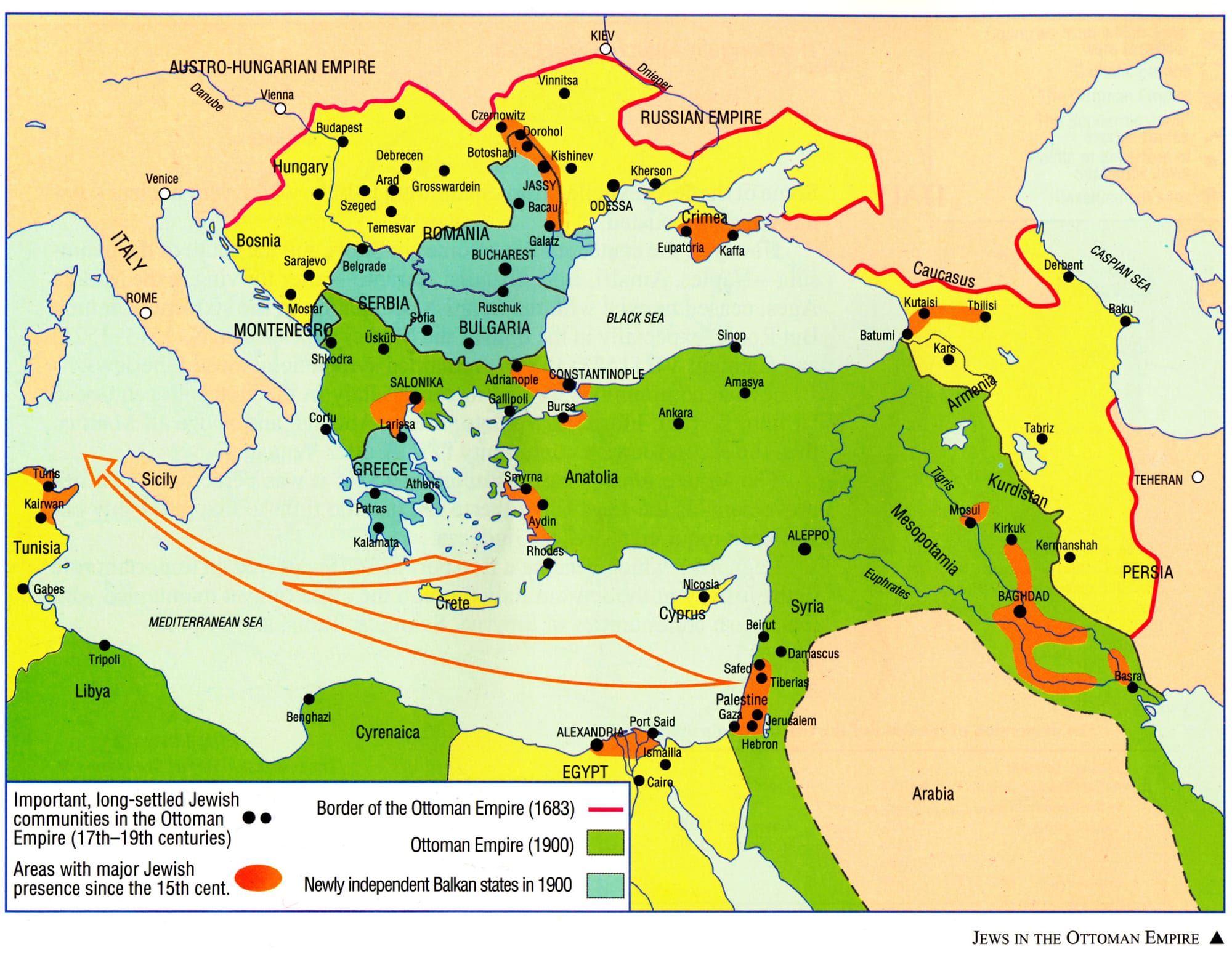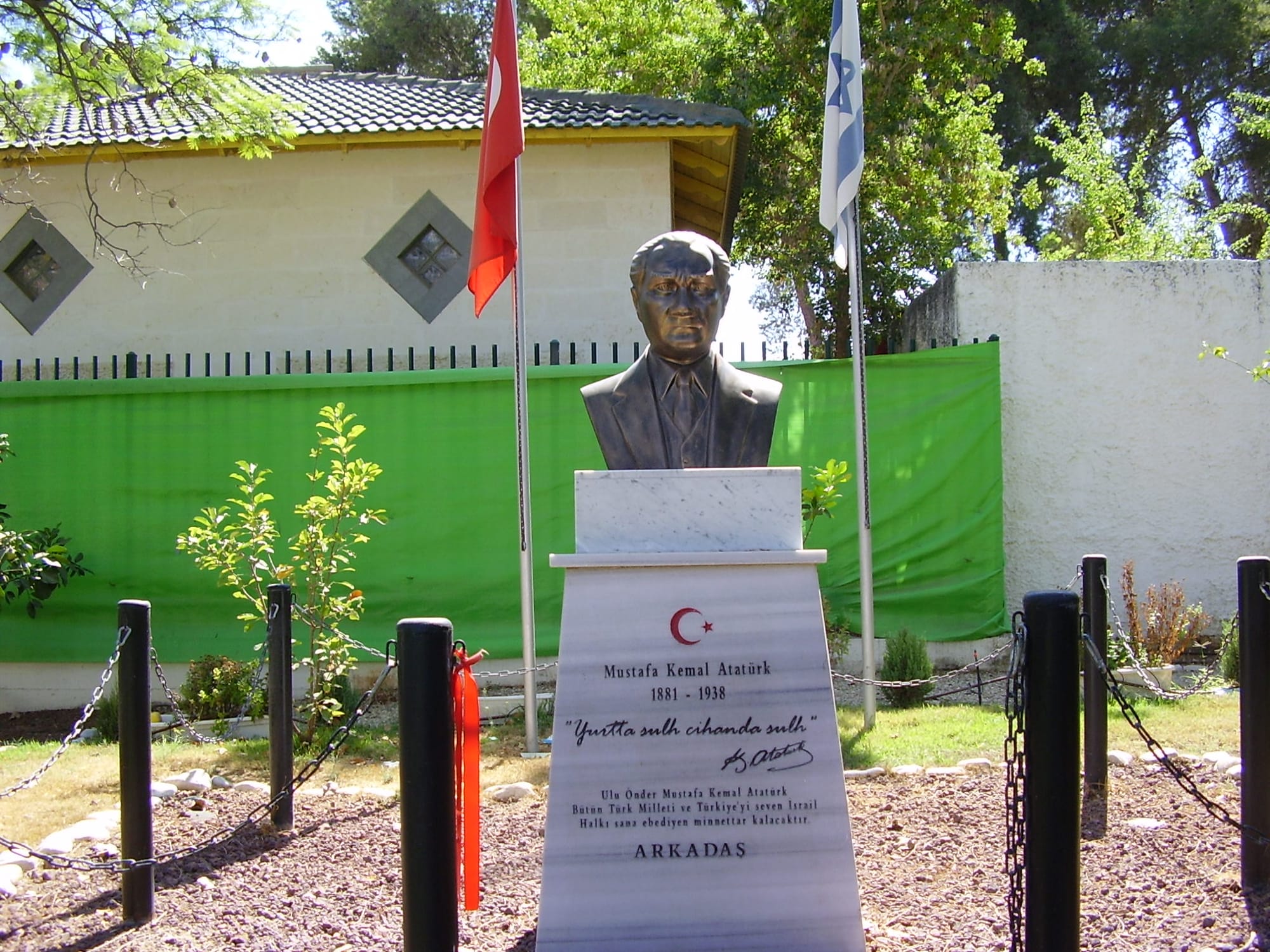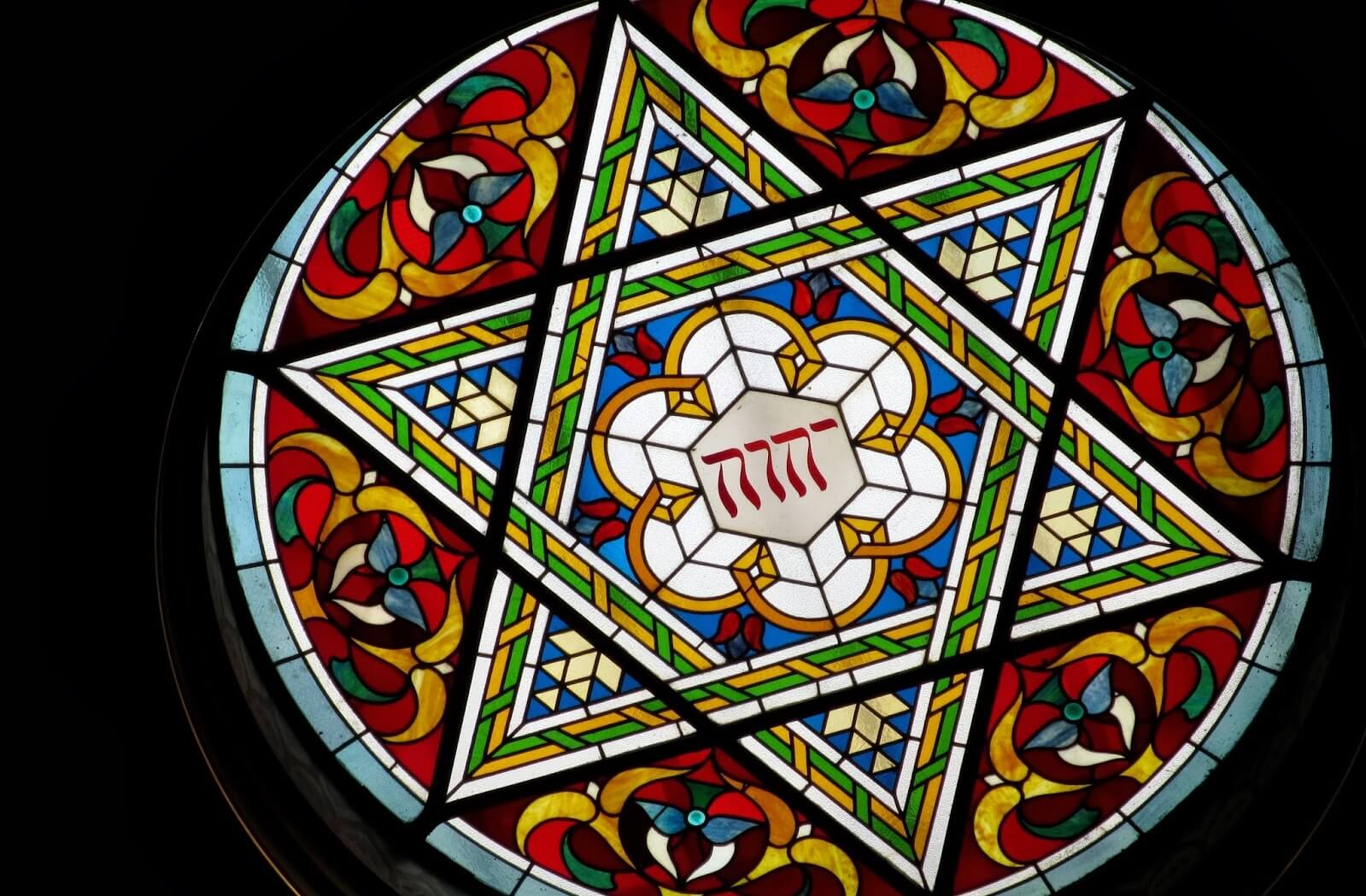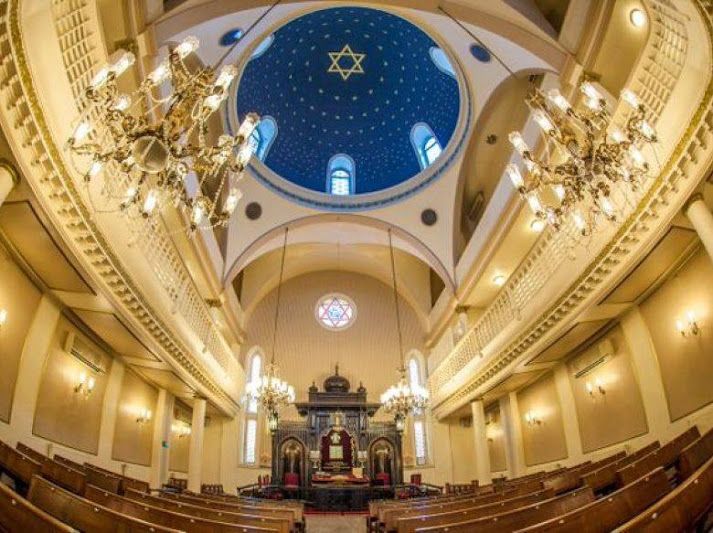JUDAISM IN TURKEY
The history of the Jews in the Ottoman Empire and Turkey covers the 2,400 years that Jews have lived in what is now Turkey. There have been Jewish communities in Asia Minor since at least the 4th century BCE and many Spanish and Portuguese Jews expelled from Spain were welcomed to the Ottoman Empire (including regions part of modern Turkey) in the late 15th century. Despite emigration during the 20th century, modern day Turkey continues to have a small Jewish population... More information in the description below.
- Category: HALAL & BIBLICAL & JEWİSH TOURISM TURKEY
- Service Length: 45 Minutes
- Price:Free
Description
Judaism in Turkey
The history of the Jews in the Ottoman Empire and Turkey covers the 2,400 years that Jews have lived in what is now Turkey. There have been Jewish communities in Asia Minor since at least the 4th century BCE and many Spanish and Portuguese Jews expelled from Spain were welcomed to the Ottoman Empire (including regions part of modern Turkey) in the late 15th century. Despite emigration during the 20th century, modern day Turkey continues to have a small Jewish population.
According to the Old Testament, the prophet Abraham was born in Ur in Chaldea. Near the Euphrates (Firat) river, there is a historic and ancient city called Sanliurfa whose initial name was Ur. Jewish communities in Asia Minor continued to prosper throughout the Turkish conquest under Seljuks and Ottomans.

In modern times after the Republic, in the late 1930's and early 1940’s, Turkey again opened its homes and universities to Jews who had fled from Nazi oppression and persecution. In 1933 Ataturk invited to Turkey many university professors of Jewish origin who were threatened by Nazi cruelty. In the beginning of the 19th Century Turkey was home to more than 100,000 Jews.
Today Turkey's total Jewish population is around 26,000 (the second largest Jewish community in a Muslim country, being the first is Iran), with a great majority living in Istanbul. In 1992 the community celebrated the 500th anniversary of its existence in Turkey since the spring of 1492, when they came to Istanbul and accepted by the sultan Beyazit II shortly after the Moors were driven out of Granada, Ferdinand and Isabella of Spain expelled all the Jews from their lands and ended the largest Jewish settlement in Europe. The community is 96% Sephardi, the rest is Ashkenazis. There are also about 100 Karaites live in Turkey, but usually they don't consider themselves a part of the Jewish community and don't take any part in its activities.
The Jewish people in Turkey contributed immensely to the economic, cultural and political life during the times of the Ottoman Empire and the Turkish Republic after the War of Liberation led by Ataturk.
The Jewish community of Turkey is recognized by the State through its Chief Rabbinate, and Chief Rabbi is called "Haham Basi" in Turkish.
Current Situation of Jews in Turkey
The present size of the Jewish Community is estimated at around 26,000 according to the Jewish Virtual Library. The vast majority live in Istanbul, with a community of about 2,500 in İzmir and other smaller groups located in Adana, Ankara, Bursa, Çanakkale, Iskenderun and Kirklareli. Sephardic Jews make up approximately 96% of Turkey's Jewish population, while the rest are primarily Ashkenazi Jews.
Turkish Jews are still legally represented by the Hakham Bashi, the Chief Rabbi. Rabbi Ishak Haleva, is assisted by a religious Council made up of a Rosh Bet Din and three Hahamim. Thirty-five Lay Counselors look after the secular affairs of the Community and an Executive Committee of fourteen, the president of which must be elected from among the Lay Counselors, runs the daily affairs.
In 2001, the Jewish Museum of Turkey was founded by the Quincentennial Foundation, an organisation established in 1982 consisting of 113 Turkish citizens, both Jews and Muslims, to commemorate the five-hundredth anniversary of the arrival of the Sephardic Jews to the Ottoman Empire.

Turkey and Israel Today
Mustafa Kemal Atatürk's Monument on the Arkadas Association grounds, in Yehud, Israel.
Turkey is among the first countries to formally recognize the State of Israel. Turkey and Israel have closely cooperated militarily and economically. In the book Israel's Secret Wars, Benny Morris provides an account of how Mossad operatives based in Turkey infiltrated into Iraq and helped to orchestrate a number of Iraqi Kurdish uprisings to weaken the Iraqi government. Israel and Turkey have signed a multi-billion dollar project to build a series of pipelines from Turkey to Israel to supply gas, oil and other essentials to Israel.
In 2003 the Arkadas Association was established in Israel. The Arkadas Association is a Turkish-Jewish cultural center in Yehud, aiming to preserve the Turkish-Jewish heritage and promote friendship (Arkadaş being the Turkish word for Friend) between the Israel and Turkish people.
Another event worth mentioning, is the establishment of the Ülkümen-Sarfati Society by Jews and Turks in Germany in 2004. The Society, named after Selahattin Ülkümen and Yitzhak Sarfati , aims to promote intercultural and interreligious dialogue and wants to inform the public of the centuries of peaceful coexistence between Turks and Jews.
Education, Language and Social Life of Jews in Turkey
While younger Jews speak Turkish as their native language, the older generation is more at home speaking in French or Judeo-Spanish (Ladino). A conscious effort is spent to preserve the heritage of Judeo-Spanish.
For long years Turkish Jews have had their own press. La Buena Esperansa and La Puerta dew Oriente started in Izmir in 1843 and Or Israel started to be published in Istanbul ten years later. Now one newspaper survives: SALOM (Shalom), an eight-page weekly with seven pages written in Turkish and one in Judeo-Spanish.
A Community Calendar (Halila) is published by the Chief Rabbinate every year and distributed free of charge to all those who have paid their dues (Kisba) to the welfare bodies. The Community cannot levy taxes, but can request donations.
Two Jewish hospitals the 98 bed Or haHayim in Istanbul and the 22 bed Karatas Hospital in Izmir serve the Community. Both cities have homes for the aged (Moshav Zekinim) and several welfare associations to assist the poor, the sick, the needy children and orphans. Social clubs containing libraries, cultural and sports facilities, discotheques give young people the chance to meet.
There are several Jewish professors teaching at the universities of Istanbul and Ankara, and many Turkish Jews are prominent in business, industry and the liberal professions.

Synagogues of Turkey
There are several old synagogues in the Balat and Haskoy areas of the Golden Horn which are worth a visit. Today there is a total of 16 Synagogues in use in Istanbul, all Sephardi except one.
• Ashkenazi Congregation, Yuksek Kaldirim No.37, Galata. Tel: +90 212 2442975
• Italian Congregation, Okcu Musa Caddesi No:29, Galata Tel: +90 212 2937784 .
• Neve Shalom Synagogue: it is the largest and most famous synagogue in the city.
• Buyuk Hendek Caddesi No.61, near the Galata Tower. Tel: +90 212 2937566 .
• Beth Israel Synagogue, Efe Sokak No.4, Osmanbey-Sisli. Tel: +90 212 2406599 .
• The Synagogue at the summer resort of Buyukada lsland, is open from June till end-September, as well as for the High Holidays.
• Yanbol Synagogue: Vodina Street, No.16, Balat.
• Ahrida Synagogue: Vodina Street, No.9, Balat. Dating from the early 15th century, its most outstanding section is its Bima (Teva), built to resemble the prow of a ship, traditionally symbolizing Noah's Ark which landed on Ararat or the ships that brought Jews to Turkey who fled from Spain in 1492. Destroyed by a fire in the late 17th century, but reconstructed immediately during the Ottoman Tulip period. It's the oldest Synagogue in Istanbul.
• Etz Ahayim Synagogue: Muallim Naci Caddesi 38, Ortakoy (on the Bosphorus). Built in 1660 and destroyed by a fire in 1941, than reconstructed. The marble ark survived and remains are in the garden as a historic monument.

Quincentennial Foundation has opened a unique museum in Istanbul. The museum contains material relating to the Jewish members of the Ottoman Parliament, physicians at the Imperial Court, diplomats, academicians, police officers and civil servants.
Tel: +90 212 2753944 / Fax +90 212 2742607.
Kosher meat can be found at İstanbul and Izmir , the Chief Rabbinate can supply information about a kosher restaurant.
A Weekly newspaper called "Shalom" (Turkish and Ladino) with 8 pages, and a monthly journal in Turkish called Tiryaki are published as well.
Izmir
This community in Izmir, numbering around 2,300, is the second largest in Turkey. The dramatic decline in population during the early 1950s caused the shutting down of several community institutions. In the 1960s there functioned only one Jewish school and two synagogues, the community still maintained a hospital and a rabbinical court.
Jewish Community Council: Azizler Sokak 920/44, Guzelyurt.
• Beth Israel, Mithatpasa Caddesi No.265, Karatas (near the Asansor-Lift).
• Shaar Ashamayan, a new synagogue located in the modern district of Alsancak that also houses the offices of the local rabbinate and community. 1390 Sokak 4/2, Alsancak.
Bikur Holim Hospital, Esrefpasa Caddesi No.3, Karatas. The Jewish hospital now admits non-Jewish patients as well.
At your request, we can take care of all the procedures relating to reservations (hotel, car, etc.), transfers (airport-hotel) and other additional services depending on the type of stay chosen.
For more information or reservation please contact us by mail or WhatsAap


